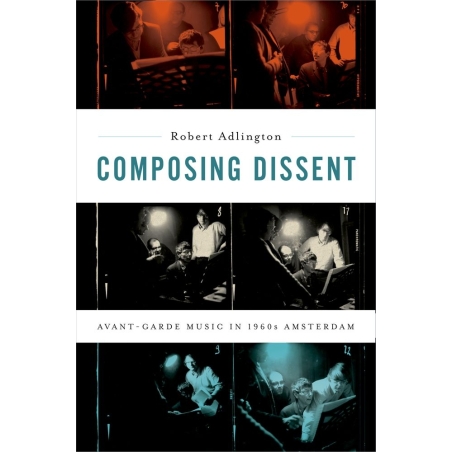The 1960s saw the emergence in the Netherlands of a generation of avant-garde musicians with a pronounced commitment to social and political engagement. This book presents the Dutch experience as an exemplary case study in the complex and conflictual encounter of the musical avant-garde with the decade's currents of social change.
CONTENTS
Acknowledgements
Introduction
1. Situatie: Without orientation in New Babylon
2. Vernieuwing: The Maderna campaign, cultural policy, and the new
3. Anarchie: Chaos, freedom, and instant composing
4. Participatie: Experimenting (on) audiences
5. Politiek: On the impossibility of saying nothing in 1968
6. Zelfbeheer: Composers, performers, and 'the renewal of musical practice'
7. Volksmuziek: Louis Andriessen's Volkslied and the 'Internationale'
Conclusion: Domains of freedom
Bibliography




